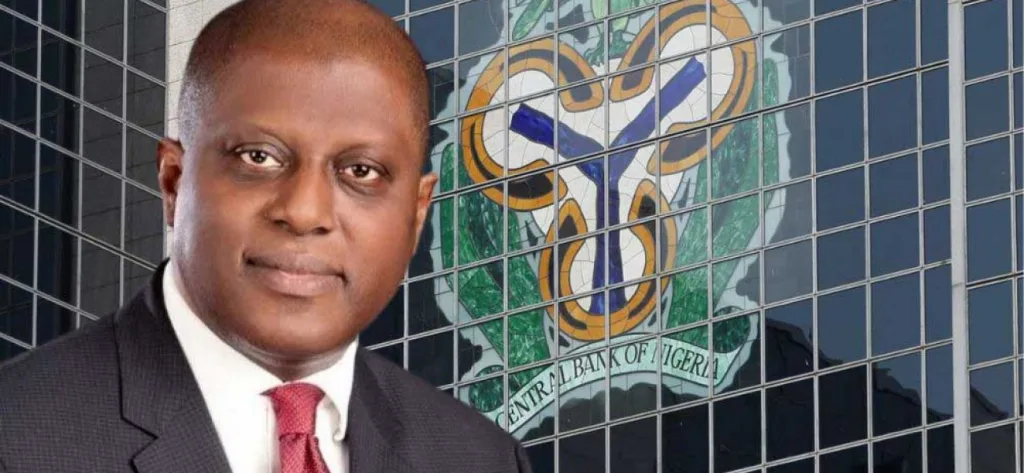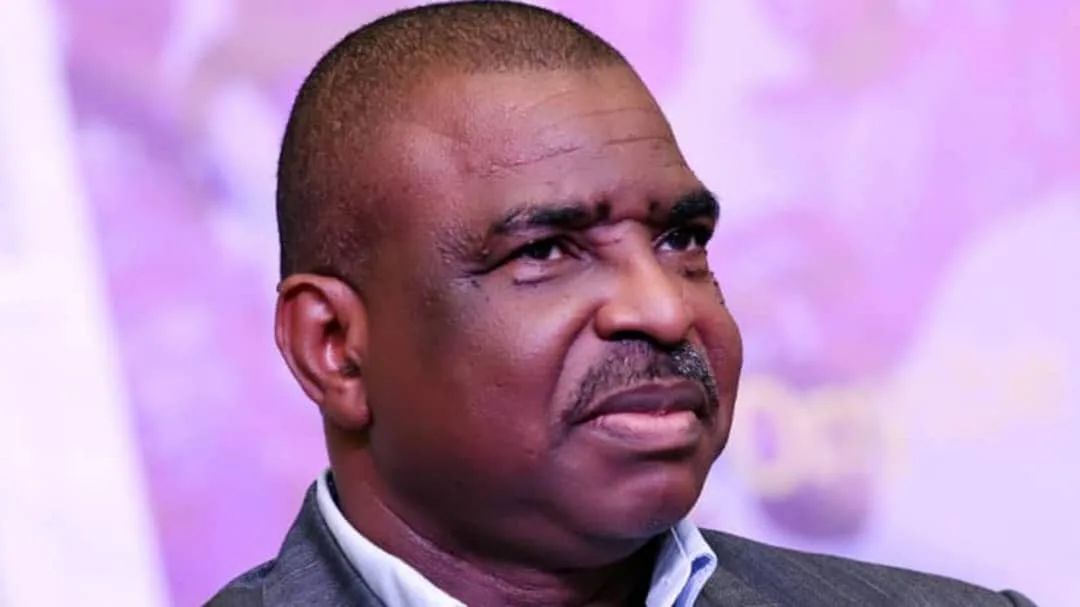In response to the Central Bank of Nigeria’s (CBN) proposal for a 70% tax on the excessive profits banks made from naira devaluation in 2023 profits which increased by at least 51% due to President Bola Tinubu’s economic reforms there has been a noticeable rise in banks’ philanthropic activities.
The proposed excess profits tax, or windfall tax on foreign exchange gains, floated four months ago, appears to be part of the government’s strategy to address its declining revenue base. This is critical as the cost of governance continues to outpace income. For instance, Nigeria’s 2025 budget, totaling ₦49.7 trillion, relies on borrowing ₦13.08 trillion, while ₦15.33 trillion will be used to service the country’s enormous debt, which stands at an estimated ₦134.3 trillion. Only ₦34.82 trillion of the budget is expected to come from royalties and taxes.
To reduce the country’s dependence on borrowing, President Tinubu brought in Taiwo Oyedele, a former PwC West Africa tax head, to overhaul Nigeria’s outdated tax administration system, which the president has described as a relic of colonial times. Oyedele’s assignment, aimed at strengthening the system and generating more revenue, aligns with the government’s goal of improving infrastructure and services through increased fiscal resources has been welcomed by most Nigerians who are looking forward to a better country with more robust infrastructure which only more revenue can facilitate.
But there is a snag which is that some Nigerians are worried about the implications for the income accruing to their states from the federation account which they suspect will be reduced.
The excess profits tax proposal seems to have been seen by the president’s tax reform committee, which includes private-sector experts, as a readily available source of additional revenue. Many of these experts, familiar with banks’ financial records through previous auditing roles, likely identified the windfall profits as an easy target.
While banks initially resisted the proposal, they were cautious not to do so too publicly. Prominent figures like Olisa Agbakoba, a former Nigerian Bar Association president, and Mustafa Chike-Obi, chairman of the Bank Directors Association of Nigeria (BIDAN), voiced criticism. However, the Chartered Institute of Taxation of Nigeria (CITN), led by its president, Chief Segun Agbeluyi, supported the move.
Subsequently, United Bank for Africa (UBA) chairman, Tony Elumelu, and First City Monument Bank (FCMB) CEO, Ladi Balogun, engaged with the presidency in consultations. Their temperate and conciliatory approach during interviews, following the initial announcement of the tax, helped ease tensions between banks and their regulator, the CBN, shifting the debate away from public confrontation.
The issue of the proposed excess profits tax was eventually moved from public discussion to private negotiations in boardrooms. This stands in sharp contrast to the uproar triggered by the four tax reform bills introduced by the Taiwo Oyedele-led committee, which are currently being debated in the National Assembly (NASS). These bills propose significant reforms to Nigeria’s colonial-era tax system, as highlighted by President Tinubu in his first media address since assuming office on May 29, 2023.
Before the lawmakers went on their annual recess, the bills had sparked intense controversy, particularly among northern lawmakers who felt the proposed changes, especially to Value Added Tax (VAT), would disproportionately benefit the south. This contentious debate deepened the longstanding ethnic, religious, and regional divides between northern and southern legislators, overshadowing traditional party lines and amplifying non-partisan tensions.
As the situation edged toward a potential crisis, a truce was brokered at the Aso Rock Villa. Legislators were urged to set aside their disagreements and take more time to review the bills thoroughly, enabling them to suggest reasonable amendments. President Tinubu, in numerous public statements, expressed his willingness to incorporate these adjustments before the bills’ final passage.
The vigorous debate surrounding these tax reform bills raises questions about how much more contentious the removal of petrol subsidies might have been had it been subjected to a similar public debate. If the tax reforms have ignited such a high level of scrutiny, one can only imagine the political turmoil that might have ensued over discussions on petrol subsidies or the unification of the dual naira-foreign exchange window. However, Tinubu appears to recognize the critical importance of timing in politics. With a limited four-year term, he seems determined to implement key reforms early to gain public confidence and lay the groundwork for potential re-election.
Returning to the matter of banks and the excess profits tax, it seems likely that a compromise was reached between the CBN and the banking sector, possibly facilitated by the Bankers’ Committee a coalition of bank managing directors. This may explain why the excess profits tax has not yet been enforced, appearing instead to have been put on hold.
One of the driving forces behind the foreign exchange gains tax is the urgent need to generate revenue to sustain governance amidst soaring costs. This includes ₦15.81 trillion allocated to debt servicing, with the country’s debt estimated to have reached ₦77 trillion by the time the Tinubu administration assumed office. Expanding the tax base has thus become a necessity.
In this context, banks, under pressure to meet new capital base requirements of ₦500 billion for international operations and ₦200 billion for regional operations, may have directed the government’s tax authorities to explore the potential of taxing electronic transactions. This includes levying charges whenever Nigerians transfer or receive funds electronically in their bank accounts.
The recently introduced Electronic Money Transfer Levy (EMTL) requires banks to deduct ₦50 on electronic transfers or receipts of ₦10,000 or more. With 231.1 million bank accounts in Nigeria as of July last year, the Nigeria Inter-Bank Settlement System (NIBSS) estimates that this levy could generate as much as ₦484 billion over three years. While this has the potential to be a significant revenue source for the government, it raises the question: will it come at the expense of already overburdened Nigerians?
Because the charges are relatively small a minor percentage of the transaction amount most bank account holders seem not to feel the pinch yet. This contrasts sharply with the public uproar that followed the removal of the petrol subsidy on May 29, 2023, which sent shockwaves through the economy. While the dust from the subsidy removal is gradually settling, the EMTL could create another source of tension between the government, banks, and the public. The question remains: is such friction unavoidable?
It appears banks are aware of the backlash before the tax that is currently in abeyance was imposed and the potential backlash of the EMTL when the banking public become conscious of it. In what seems to be an attempt to improve their public image and foster goodwill among customers, they have embarked on large-scale Cause Related Marketing (CRM) campaigns in past four (4) months or so. These efforts aim to balance corporate interests with public good, blending their business strategies with socially beneficial initiatives.
This is not the first time banks have faced criticism. When the Central Bank of Nigeria (CBN) proposed the excess profits tax on foreign exchange gains, I authored an article titled ‘Banks FX Gains Tax: How CSR Could Have Averted It’, published on August 13, last year. In the piece, I reflected on how proactive Corporate Social Responsibility (CSR) measures might have softened the blow of public disapproval. For instance, banks had previously undertaken commendable initiatives, such as renovating the National Arts Theatre and contributing to the CACOVID initiative, which provided medical and economic relief during the pandemic.


